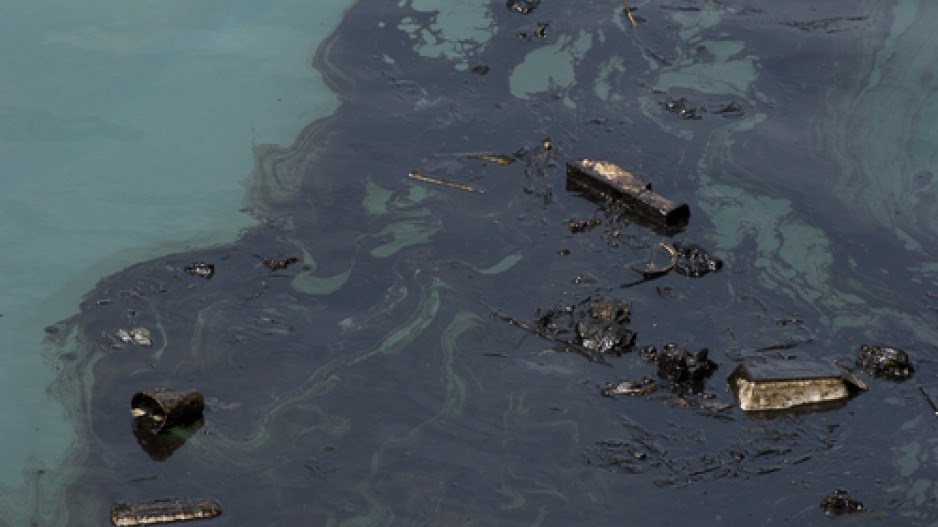There’s an important distinction between ships flying flags of convenience and those Dana Miller would categorize as flags of non-compliance.
The former are vessels registered in countries other than that of the ships owner — a business practice aimed at cutting costs by using cheaper crews and infrastructure.
“This is not necessarily an evil practice,” said Miller, a researcher at UBC's Fisheries Economic Research Unit.
“There are some individuals that abuse the system and they find access to these flags that are at the bottom of the barrel.”
Research released November 3 from a report Miller co-authored shows countries with poor maritime safety records — ones with vessels she describes as flying flags of non-compliance (FONC) — shows FONCs are responsible for more than half the 100 biggest oil spills since 1967.
“The issue is that, that system of flags of convenience provides access to these more dubious flags that have these poor records,” she said,
The study found 133 different flags were associated with 8,035 oil tankers found on a global database.
And over the last four decades, 33 ships carrying the Liberian flag were responsible for 37% of all oil leaked in the 100 largest oil spills. Meanwhile, 19 ships flying the Greek flag were responsible for 20.5% of spill volume.
No vessels carrying the Canadian flag were involved in any of the 100 largest oil spills included in the study.
“We’re definitely moving in a good direction,” Miller said.
“The total number of spills that have happened in the last 40-50 years and also the total volume of oil spilled by tankers has reduced dramatically. And during that same period, the amount of oil traded globally has steadily increased.”
But she added there’s always going to be some risk of a large-scale oil spill occurring.
Miller said countries with better track records should be putting pressure on the FONC states to improve safety.
“When you’re dealing with vessels that moving through international waters, where international conventions apply to them,” she said, “it makes it difficult to…have 100% (compliance with higher safety regulations).”




